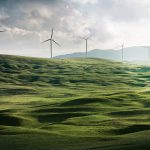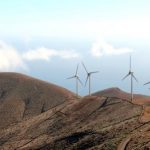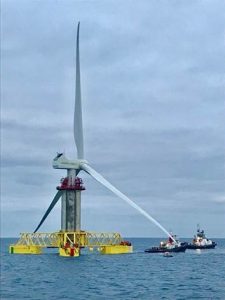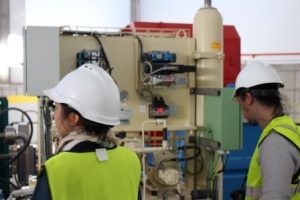
Fostering research excellence
in EU Outermost Regions
secupress domain was triggered too early. This is usually an indicator for some code in the plugin or theme running too early. Translations should be loaded at the init action or later. Please see Debugging in WordPress for more information. (This message was added in version 6.7.0.) in /var/www/vhosts/forward-h2020.eu/httpdocs/cms/wp-includes/functions.php on line 6114

Fostering research excellence
in EU Outermost Regions


Challenges :
OR have excellent renewable energy resources but they are not being used to their full extent for technical, economic and legislative barriers. Legislative barriers are mostly at national level.
The situation among OR is heterogeneous, with renewable penetrations in the electricity grid ranging from 1.5% (St Martin) to 64% (Guyane). Most ORs have set targets of 50% renewable electricity by 2020, and the French ORs aim to get to 100% by 2030. To reach these challenging limits, the current frameworks for implementation of renewable energies in all the ORs need to be improved. One of the reasons of these big differences in RES penetration is the existence of non- variable renewables (hydro + geothermal) in some ORs.
Some barriers /challenges that might be taken into account are:
Assets of the Outermost Regions :
The Outermost Regions have been pioneers in the implementation of Renewable Energy (pilot) projects in isolated system (with relevant success stories), where all types of Renewable Energy Technologies are present.
According to the latest OR Communication (2017), OR are frontrunners of the clean energy transition and examples for the rest of islands of the EU. Moreover, ORs have created an Energy Network to promote the accelerated development of renewable energies in the OR by means of the active coordination among competent Public Administration Bodies, Technology Centers and Universities of the different Regions.
All of this advances are possible due to the ORs are natural and sustainable laboratories of innovative energy technologies that can serve as models for the whole world in terms of impact and replicability. For all of these reasons, ORs have specific mentions in the new EC Renewable Energy Directive.
Fields of investigations/expertise :
Given the variety of the OR and the existence of all types of energy resources, ORs cover almost the entire range of energy technologies (both conventional as well as non-conventional one).
The fields of investigations/expertise are:

